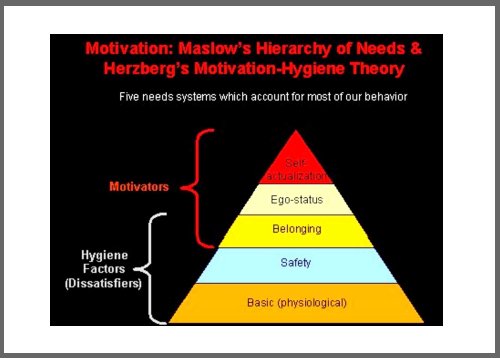@Crazy man:Thanks a lot Crazy man.I will surely try to post “links” from next time onwards.Although i am not sure wether “analyst forum” is a “mature” place to discuss on such topics .Members here enjoy on posting irrelevant things on topics like “Should men and women be friends” and “V day” instead of posting “relevant” things on “relevant” finance topic.
@Greenman:Keep on trolling  .You are doing a great job.
.You are doing a great job.
@Scarface:You need some sex in your life to stimulate your brain.I hope a satisfying inter course will stop you from trolling. 
I am posting topics applicable to finance and members like(crazy man ,destroyer of world and few others) are really giving their valuable inputs.For example,i never heard about the “Works of Mr. Aswin” but all thanks to @ destroyer of worlds ,now i have some idea about Mr .Aswin’s findings.
There is an Investments forum on this site with more “mature” place to discuss finance.
@Former trader:Thanks.From now i will post my threads on “Investment section” of analyst forum.Although i am sure that guys like (green man and cfa vs mba) will troll there too.
.
@ Crazy man:Yes i totally agree with you that bottom of maslow’s pyramid exempllifies the things that get you out of un happiness and the top layers exemplifies things that bring happiness.You know man,this is the beauty of Maslow’s theory and i am a big fan of it.Even @destroyer of world helped us to link Mr.Aswin’s theory with Maslow’s work.
Maslow’s theory can be applied in finance,marketing,human resource management etc.Maslow posited that human behavior and decision-making are motivated by one of the five need levels in his hierarchy. Applied to marketing theory, your ability to effectively appeal to one of these motivational drivers is a key determinant of your potential success. Non-essential services – massage treatments or custom tailoring, for example – may be marketed successfully to those in the fourth or fifth level of Maslow’s hierarchy because those people are driven by the needs for increased self-esteem and realizing their full potential. The same marketing campaign is unlikely to appeal to those on the first level, as they are driven by the most basic of human needs: food, water and other elements of survival.A prospective customer driven by Maslow’s second needs level, safety and security, might be enticed to buy a new car if you convince him that it is safe for his family, reliable and well-rated in consumer studies. Someone driven by the need for self-esteem, in needs level four, is looking for recognition and validation, so you might tailor your marketing to convince her that acquiring and implementing your accounting methods will bring accolades from her peers or make her look good to her boss.
Just like you (@Crazy man  )linked tendency to avoid unhappiness with base layers and tendency to get happines with top layers of Maslow’s pyramid,another gentlemen called Herzberg had a similar story to tell.
)linked tendency to avoid unhappiness with base layers and tendency to get happines with top layers of Maslow’s pyramid,another gentlemen called Herzberg had a similar story to tell.
Herzberg found that the factors causing job satisfaction (and presumably motivation) were different from those causing job dissatisfaction. He developed the motivation-hygiene theory to explain these results. He called the satisfiers motivators and the dissatisfiers hygiene factors, using the term “hygiene” in the sense that they are considered maintenance factors that are necessary to avoid dissatisfaction but that by themselves do not provide satisfaction.
Herzberg reasoned that because the factors causing satisfaction are different from those causing dissatisfaction, the two feelings cannot simply be treated as opposites of one another. The opposite of satisfaction is not dissatisfaction, but rather, no satisfaction. Similarly, the opposite of dissatisfaction is no dissatisfaction.

Great, Rahul. I was actually thinking of Herzberg, but couldn’t recall the name. Very nice theory.
One very clear way in that this all translates to investments are cyclical companies/industries. Discretionary products satisfy the top of the pyramid and their industries are badly hurt in recessions since a lot of people stop buying that stuff altogether.
Of course, it can be argued that very high-end luxury products avoid that problem to some extent. Customers are rich enough to not care about the economy.
Thanks @ Crazy man:you may also want to check http://www.analystforum.com/forums/investments/91328470